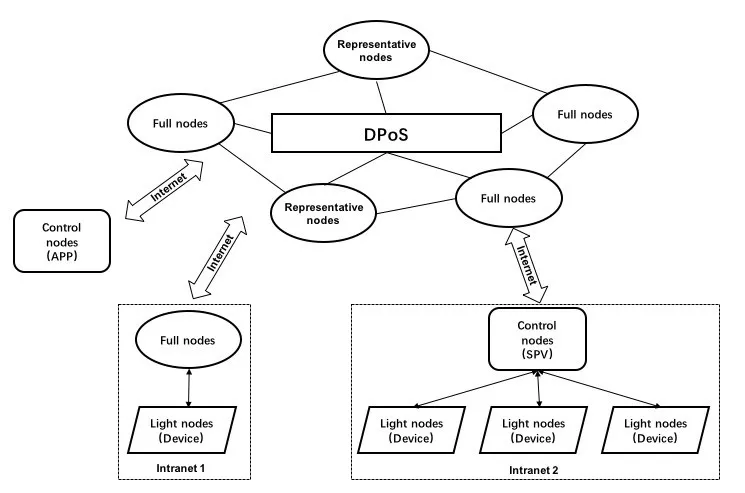
The modern Internet Of Things or IoT is around us everywhere, devices not just connected to the internet but in many ways connected to each other. It's a concept in the works for several years but we've only recently started seeing it, things like Alexa, Go Home, Smart TV's, Smart Lights, and even Smart Refrigerators. The fact is computers and network attached devices have been sneaking into our lives more and more and it's not going to slow down any time soon. With many of us now attaching ourselves to the internet with the use of watches and fitbits to name a few devices that connect our own bodies to the internet.
This isn't going to slow down in the last 3-5 years all this has come out of seemingly nowhere and while some think it's a fun new thing when our refrigerator sends a note to our phone that we're out of milk. Others realize theirs a disaster waiting in the loom if this continues. As with any new ecosystem, that is born from an old one that wasn't originally designed to handle its problems will arise as growth continues at an exponential rate and IoT begins to reach billions of devices, not just millions.
Security, Communication, and Scalability are such a concern that research teams and product developers have been trying to figure out the way forward, in the meantime things like the Mirai Botnet, and others have already wreaked havoc using the IoT world of devices because the tech wasn't ready.
That's where Ruffchain as a project and company comes in, the team wants to take what we've learned from past issues, and past experiences. Combine that knowledge with what we've learned in recent years through breakthroughs in decentralized computing and consensus via BlockChain to spawn something entirely new. An ecosystem and platform designed from the ground up to handle the sheer scale and reliability required to make the vision of IoT a reality. While at the same time avoiding the pitfalls of the past from projects like ethereum and bitcoin that would not work in a network of small low power devices.
They realized that the fact that IoT meant dealing with devices that might be powerful and expansive, but also meant dealing with devices that are tiny and undesirable (like smart thermostats). The team made the decision to develop an extremely lightweight OS that would allow for middleware selection and usage based on what the device could handle, decisions like this from the team members like Roy Li who was a Lead at the Nokia OVI team were important to shape and develop a platform that would handle all the rigors of a worldwide network.

A network OS capable of working in devices that might not have wifi, but Bluetooth, might not have Intel CPU's but ARM, not to mention a wide array of sensors and inputs that could be an unending list of possibilities. That's what the Ruffchain team envisioned, an army of non-similar devices all running middleware components maintaining consensus, not in Proof of Work, that would require too much power and processing, but instead in a Distributed Proof of Stake architecture that would allow for a decentralized but dynamic network capable of handling the wide assortment of devices.

Through the use of Full, Light, Representative, and Control node middleware, devices will be able to take part in the secure network but will be able to choose based on their configuration how much they take part in the network and how much resources they can spare. Light nodes like thermostats and refrigerators might only be a light node, capable of basic communication but not relied on for consensus. While slightly more powerful nodes that happen to have a bit of processing power and storage capacity will opt in to be Full or Representative nodes. Through a dynamic system of selection, the entire network will expand and contract, able to handle the ever growing IoT world.
My write up is mostly just to highlight a small concept and why Ruffchain felt their network was needed, I'm by no means an expert and really do think it best to leave the tech side of things to the team responsible for it. So, by all means, feel free to read the whitepaper from RuffChains own technicians and see just why Ruffchain might be at the core of the future of IoT.
Visit RuffChain's Website for further details and to see who else is on the team working on the future of IoT